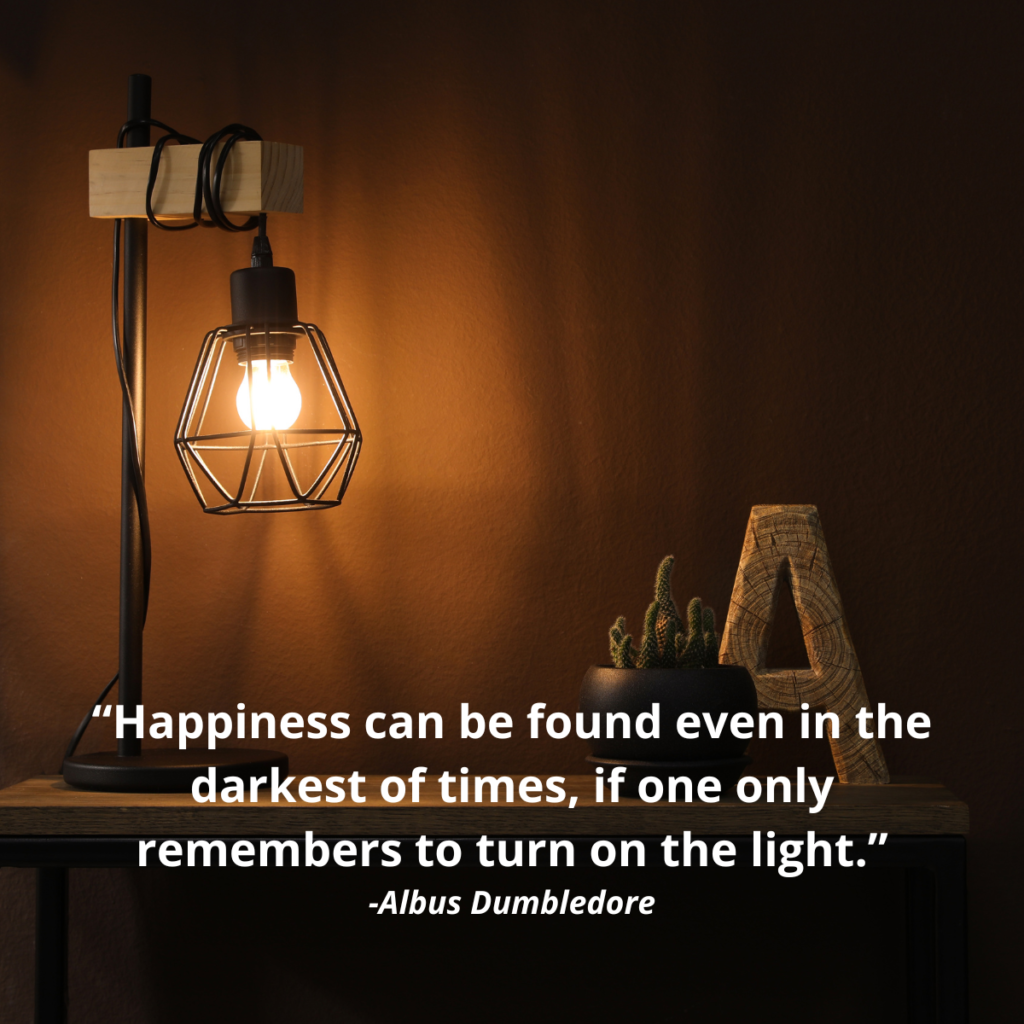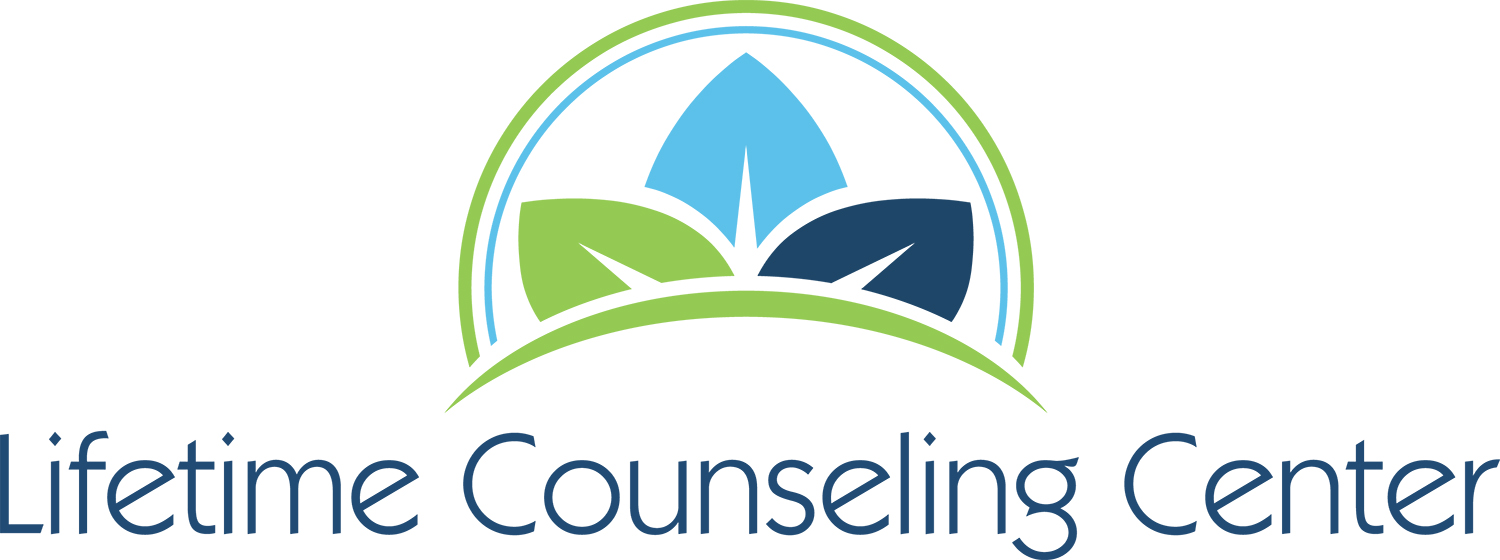“I just can’t do this anymore by myself.”
“My life is overwhelming.”
“I used to be able to handle everything. What happened?”
“My life is a mess.”
“My sadness won’t go away.”
Ever have these thoughts?
When people have these thoughts, often we think if we ignore them they will go away on their own or things will magically get better. But often, without an intervention they will get worse. So, how do you go about getting help for yourself?
You can make the phone call yourself and say, “I need help. I would like counseling.” They will ask for your information to set an appointment for you to meet with a counselor.

This can be scary if you have never been to therapy before. So, to ease some possible worries, here is how that process generally goes at a mental health agency.
You meet with your therapist for your first session, and they will work to develop a therapeutic relationship, so you can feel at ease and connect with them. They will ask you several questions about your history, family and background information so they can help you the best.
The information you disclose to your therapist is confidential (although therapists are mandated to report certain information related to the possibility of harm to you or to another person). The first session is unique, and your therapy will not look like this every time as you continue. You can ask any questions you have about the process to ease your worries. The therapist will ask what has brought you to therapy and what would you like to get out of it, as well as what your expectations are for counseling. They will ask what goals you would like to achieve in therapy.
When you return to your next sessions you will continue to develop a connection with your therapist to feel at ease and develop trust. Together you will work with your therapist to take your preliminary goals and create a treatment plan together so both of you can be on the same page of what you would like to accomplish in therapy. Many people think they will not have input in the counseling process and that can keep them from reaching out for help. Each person has a lot of control over their therapeutic process. It is helpful to tell your therapist what works for you and what does not as the counseling moves forward so the counselor can make adjustments for you. Each person is unique and what may work well for one person may not work for another.
Realizing that you need help with life and are reaching out for help takes strength, and is the best thing you can do for yourself. Coming to your first appointment is the next step to get that help. Make sure to advocate for yourself and let the therapist know what your expectations are for the counseling process, as this is very helpful to both you and your therapist.
Many of us call our doctor for help when we are suffering physically, so let’s also call for help when we are struggling mentally/emotionally to be a healthier person in life.
“Happiness can be found even in the darkest of times, if one only remembers to turn on the light.”-Albus Dumbledore.
Reach out for help – the switch is there.
By Rene’ Nyberg

Rene’ is the Enrichment & Development Advisor at Lifetime Counseling Center. She is a Licensed Mental Health Counselor, a Certified First Responder Counselor, and an Eye Movement Desensitization and Reprocessing therapist, approved by the EMDRIA.

